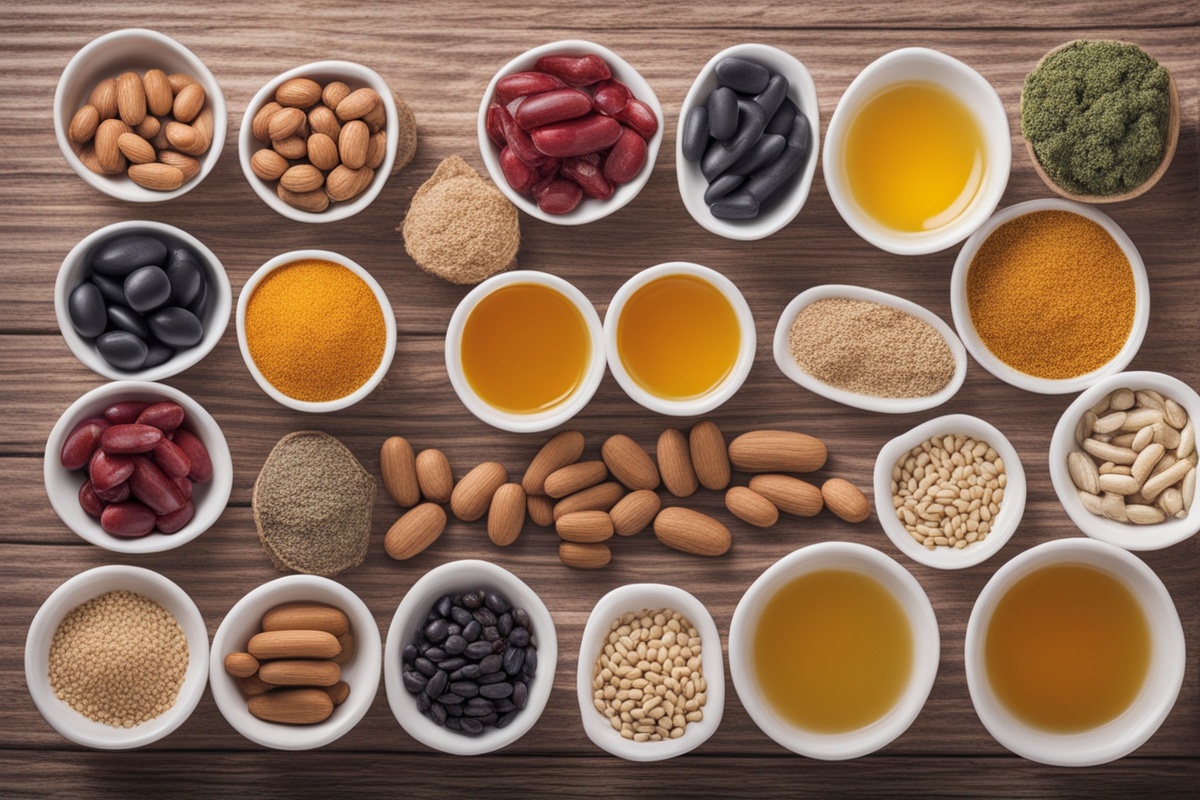Fasting has become a popular practice for health, wellness, and spiritual reasons. Whether you’re engaging in intermittent fasting, prolonged fasting, or religious fasting, maintaining proper nutrition during non-eating periods is crucial to support your body. While fasting often involves abstaining from food, certain nutrients can be consumed through supplements or minimal-calorie options to enhance the experience and prevent deficiencies. In this post, we’ll explore the best nutrients during fasting to keep your body functioning optimally, boost energy levels, and support overall well-being.
Why Nutrients Matter During Fasting
When you fast, your body undergoes significant metabolic changes. It shifts from using glucose as its primary energy source to burning stored fat through a process called ketosis (during longer fasts). While this can have numerous health benefits, such as improved insulin sensitivity and weight loss, it also means your body might miss out on essential vitamins and minerals. Incorporating the best nutrients during fasting can help mitigate potential side effects like fatigue, headaches, or muscle cramps, ensuring a smoother fasting journey.
Nutrients can be consumed through supplements, electrolyte drinks, or even small amounts of nutrient-dense liquids like bone broth, depending on the type of fast. The goal is to support your body without breaking the fast or interfering with its benefits. Let’s dive into the key nutrients to focus on.
Electrolytes: The Cornerstone of Hydration
One of the most critical aspects of fasting is maintaining hydration, and electrolytes play a central role in this. Sodium, potassium, and magnesium are among the best nutrients during fasting because they help regulate fluid balance, nerve function, and muscle activity. During fasting, especially water fasting, your body can lose electrolytes through urine and sweat, leading to symptoms like dizziness or cramps.
To replenish electrolytes, consider using a high-quality electrolyte supplement or adding a pinch of Himalayan salt to your water for sodium. For potassium, supplements or salt substitutes can be helpful, while magnesium can be taken in forms like magnesium citrate or glycinate. Be cautious not to overdo it—balance is key. If you’re new to fasting, check out our guide on Fasting Basics for Beginners to learn more about hydration strategies.
Vitamins for Energy and Immunity
Vitamins are essential for maintaining energy levels and supporting your immune system, especially when your body is under the stress of fasting. Among the best nutrients during fasting are B vitamins, vitamin C, and vitamin D. B vitamins, particularly B12 and B6, help with energy production and can prevent fatigue. Vitamin C acts as an antioxidant, protecting cells from damage, while vitamin D supports immune function and bone health.
Since you’re not consuming food during a fast, a high-quality multivitamin or individual vitamin supplements can be a convenient way to meet your needs. However, opt for supplements that are free of sugars or fillers that might break your fast. For more on immune support during fasting, read our post on Immune-Boosting Supplements for Fasting.
Minerals to Prevent Deficiencies
Beyond electrolytes, other minerals like zinc and selenium are also among the best nutrients during fasting. Zinc plays a vital role in immune function and cell repair, which can be particularly important during extended fasts when the body is in a state of repair and autophagy (cellular cleanup). Selenium, on the other hand, supports thyroid function and acts as an antioxidant.
These minerals can often be found in trace amounts in electrolyte supplements or multivitamins. If you’re doing a prolonged fast, consider consulting a healthcare provider to ensure you’re not at risk of deficiencies. Curious about prolonged fasting? Our article on Tips for Prolonged Fasting covers the essentials.
Omega-3 Fatty Acids for Brain Health
While fasting often restricts calorie intake, omega-3 fatty acids are a fantastic addition to your routine as one of the best nutrients during fasting. These healthy fats, found in fish oil or algae oil supplements, support brain health, reduce inflammation, and may even enhance the cognitive clarity often reported during fasting (commonly called “fasting brain fog relief”).
Since omega-3 supplements are typically calorie-free or very low-calorie, they won’t break most fasts. However, if you’re following a strict water fast, you might want to take them during your eating window instead. Always choose a high-quality, purified fish oil to avoid contaminants. For more on brain health during fasting, explore our piece on Fasting and Mental Clarity.
Amino Acids and Protein Sparing
For those engaging in longer fasts or combining fasting with exercise, branched-chain amino acids (BCAAs) or essential amino acids (EAAs) can be among the best nutrients during fasting to prevent muscle loss. These supplements provide the building blocks of protein without the calories of a full meal, helping to spare muscle tissue while still maintaining a fasted state.
Be mindful, though—some amino acid supplements contain artificial sweeteners or additives that could spike insulin and break a fast. Opt for unflavored, pure forms, and consult with a nutritionist if you’re unsure. If you’re into fitness and fasting, our guide on Fasting for Athletes offers deeper insights.
Disclaimer: The information provided in this article is for educational purposes only and should not be considered medical advice. Fasting and the use of supplements can affect individuals differently based on health conditions, medications, and personal circumstances. Always consult with a healthcare professional or nutritionist before starting any fasting regimen or taking new supplements to ensure they are safe and appropriate for your needs.
References
- Harvard Health Publishing – Intermittent Fasting: Surprising Update
- National Institutes of Health – Effects of Fasting on Metabolism
- Mayo Clinic – Fasting Diet: Can It Improve My Health?
- WebMD – Diet Myth or Truth: Fasting for Weight Loss
- Johns Hopkins Medicine – Intermittent Fasting: What Is It, and How Does It Work?
This content is for informational purposes only and not a substitute for professional advice.






